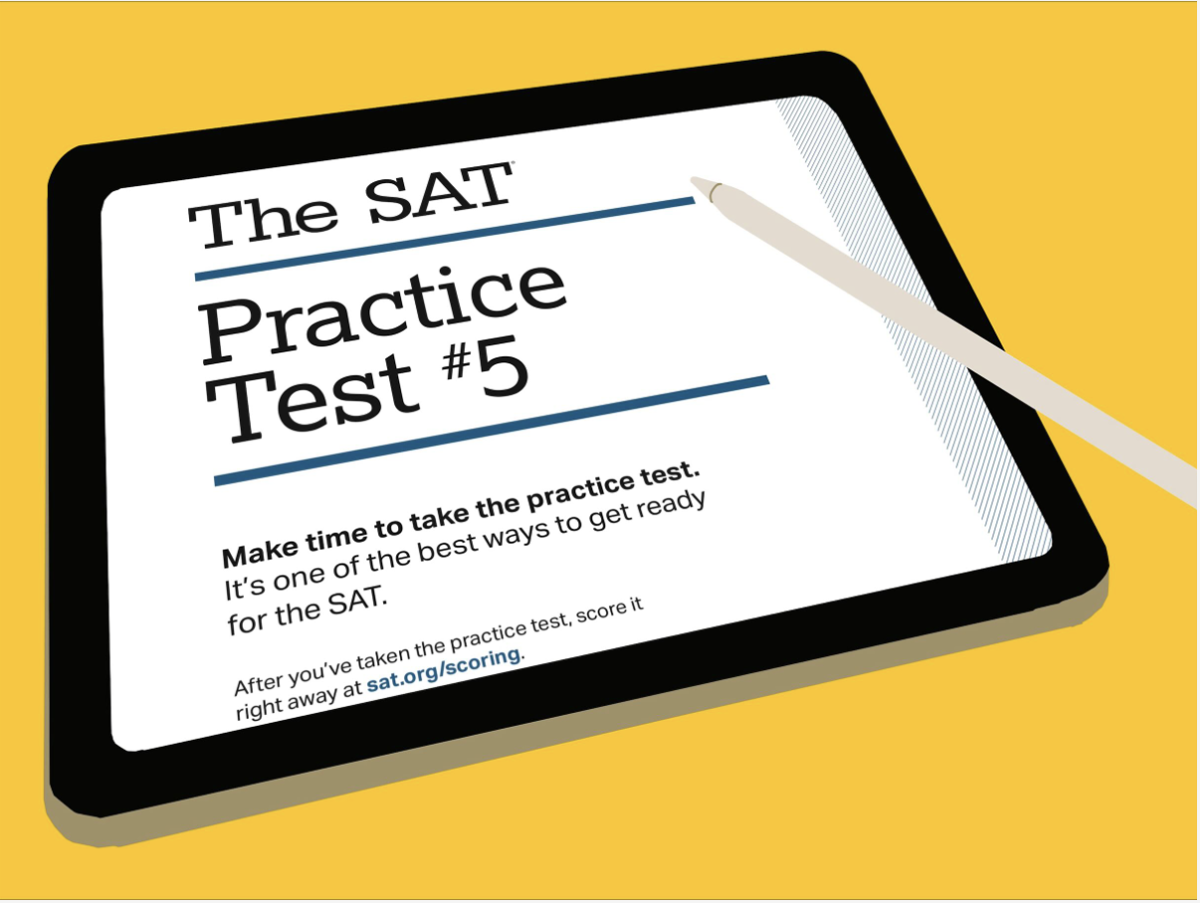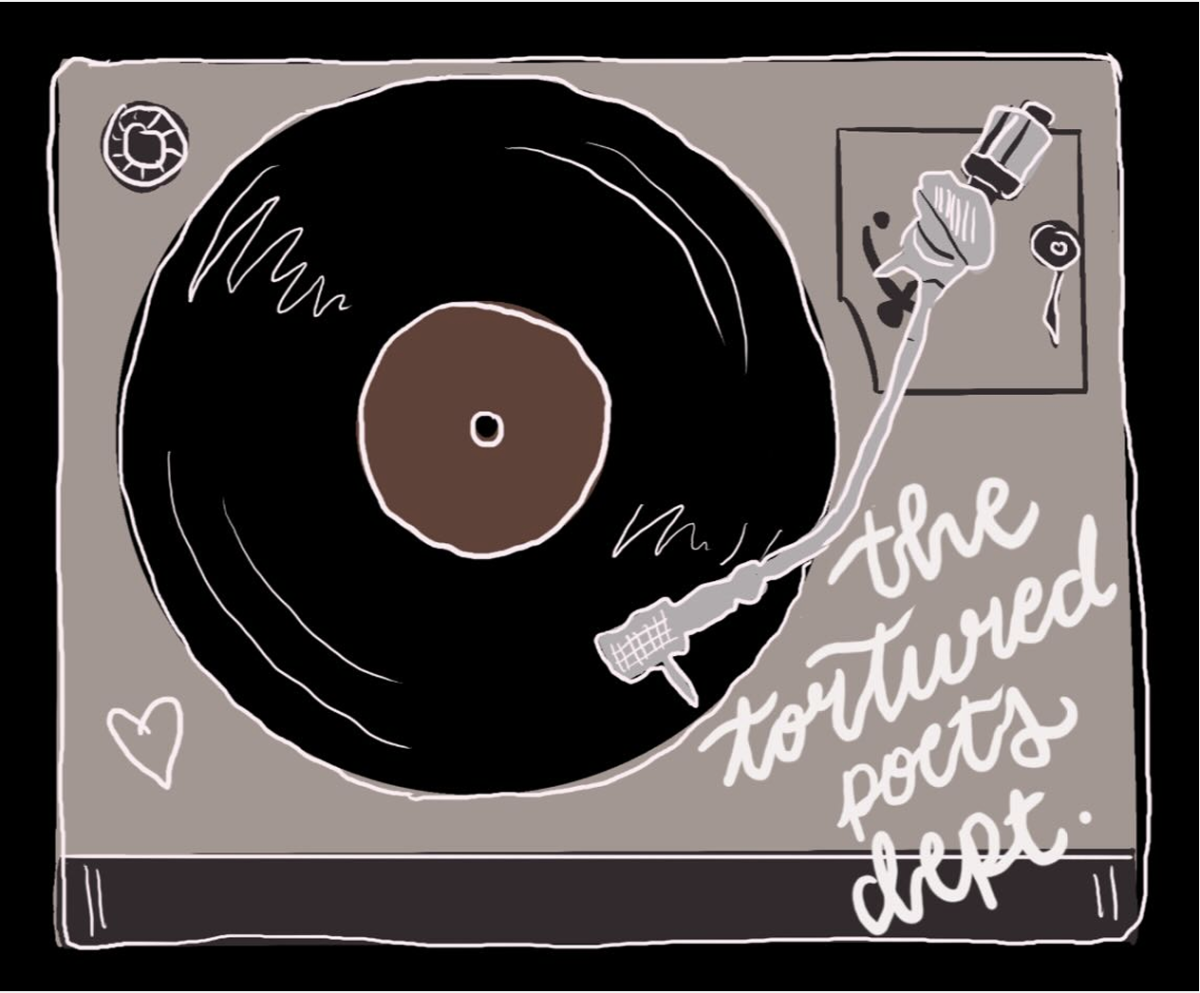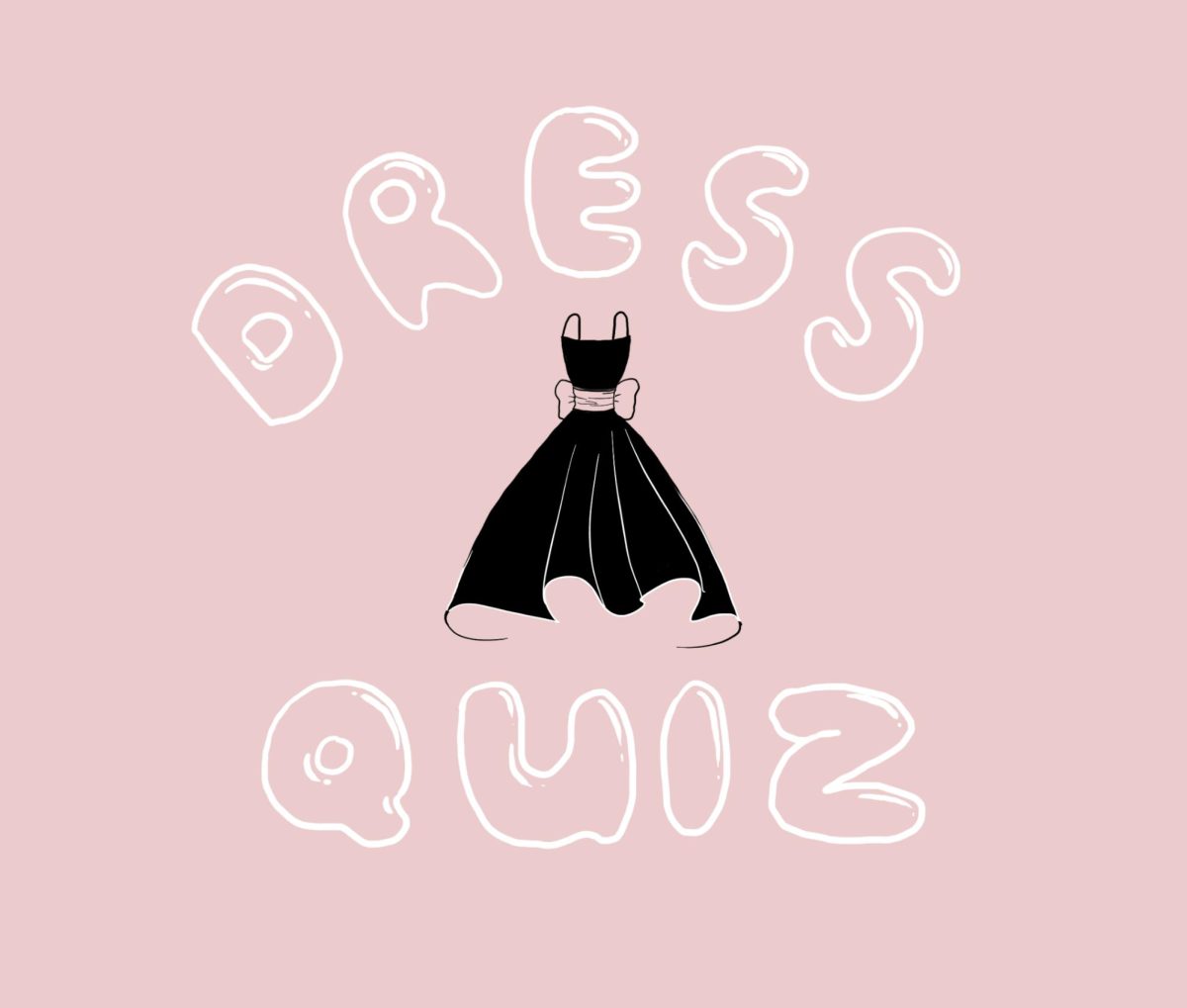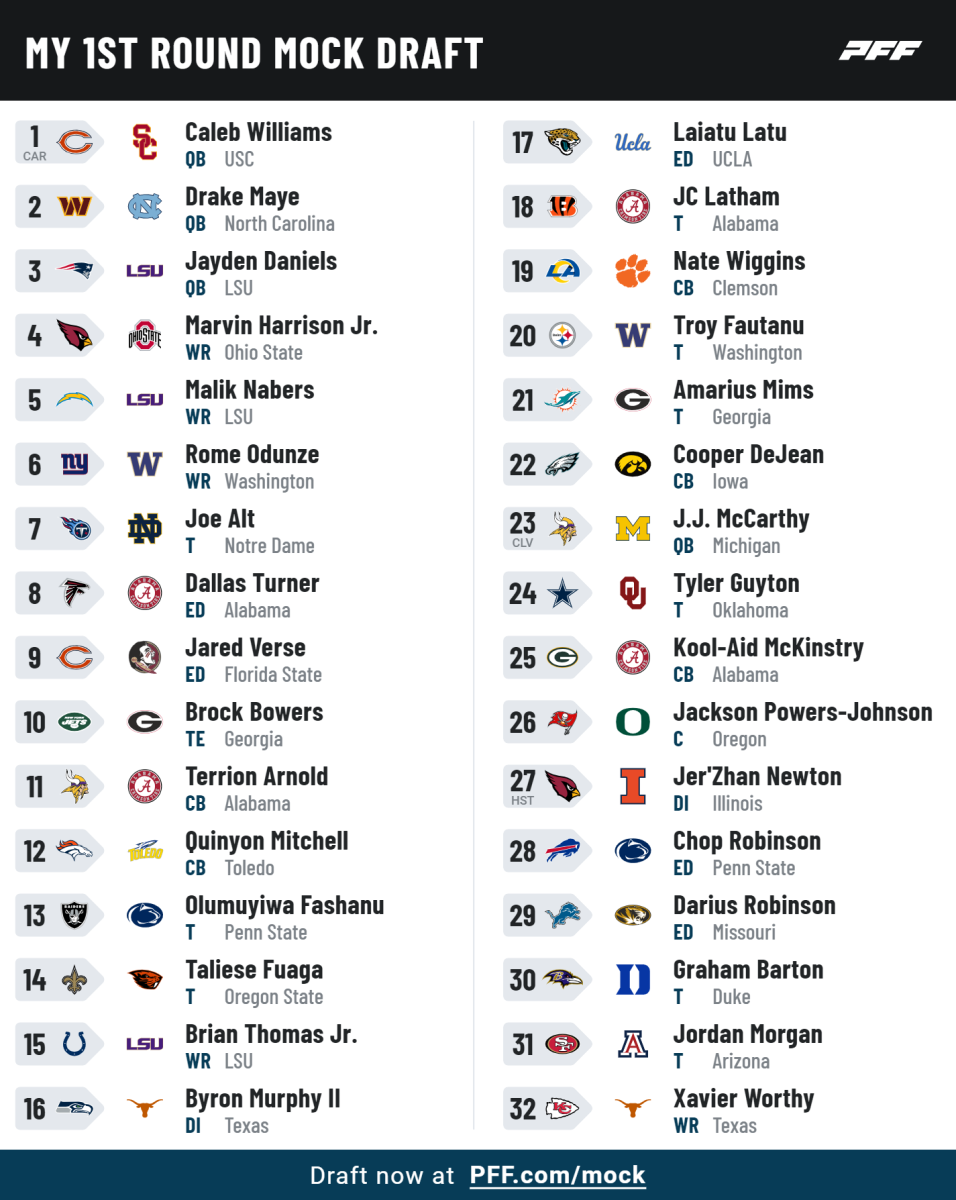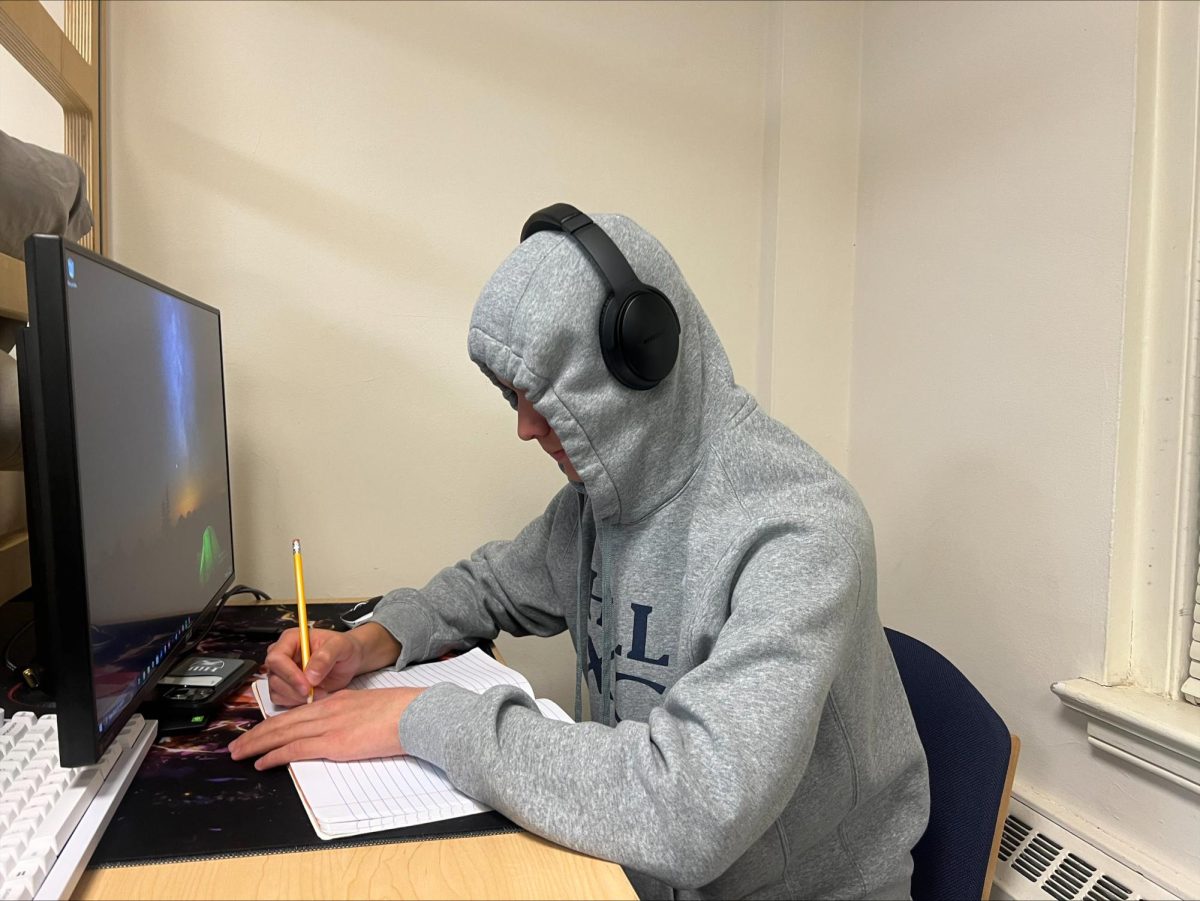According to campus experts, music with lyrics causes hinders information retention due to overstimulation. Many students across campus listen to music while studying, inadvertently harming them academically.
“Songs with lyrics in them can overwhelm and distract during studying,” Kimberly Curcio, learning support coordinator, said. “As the brain tries to read, it also tries to listen to the lyrics of the song, which are two clashing pieces of information entering the mind”
Because lyrics are a stream of information, our brain tries to analyze them in tandem with reading. Analysis of words, in this case, lyrics, results in a fog around the information, and makes it harder to concentrate while reading. A looser understanding of the subject you’re reading leads to lower retention of info, especially during studying.
A caveat is present however, as when you are partaking in a task which you have often completed, like a repetitive problem set in your math homework, music may not be as interruptive.
“When doing a repetitive task, or just something we’ve had a lot of practice for, any music can be present, and not really disturb us or harm your studying” Curcio said.
Even though music interferes with work when it is brand new, or when it is being read, the same does not apply to repetitive or familiar work. When you clean your room, you can turn music on because of how many times you have cleaned. The same principle applies for work like mathematics.
For music which may be helpful for studying, Lo-fi or ambient music was seen as best.
Yoon Soo Lim, Oaklawn-Tuttle Director of Vocal Music, said that “Lo-fi music can act as a background noise, and it won’t pique your interest” and that “there’s no rise and fall to the music, and it’s just there.”
Since the music is not complex and does not contain lyrics, it’s a perfectly viable option for use during studying or even work you are doing for the first time.
“Anything without lyrics can help during studying,” Lim said. “If it’s low tempo, calm and does not contain lyrics, it can be used during studying without any detriment.
Based on student opinion, some disagreed with the idea that music was a source of distraction during work or studying, while others did not see music as a source of help or as a distraction.
“Music does not really help me focus, but it does not distract me either — it’s just there,” Damien Giannikas ’24 said. “I would guess it helps me get through more work but does not help me focus.”
“I feel as if music just like, makes studying more fun, you know?” Ilya Semerikov ’25 said. “Rather than being bored when I do math for an hour, I can have some source of entertainment, and it doesn’t require every bit, like a tv show.”
Of course, some opinions line up directly with campus expert opinion, with the genres of Ambient and Lo-fi being very highly favored by students.
“Ambient music helps me lock in,” Francis Clarkson ’26 said.
Though some much of music may hinder focus, many students attested to how music helped them escape from the daily monotony of school and homework. Despite the claimed harmful effects of music, it still provides a space comfort and relaxation.
“Music is something I can’t always use, but when I do, I find it helps me,” Jaewan Lee ’25 said.
















